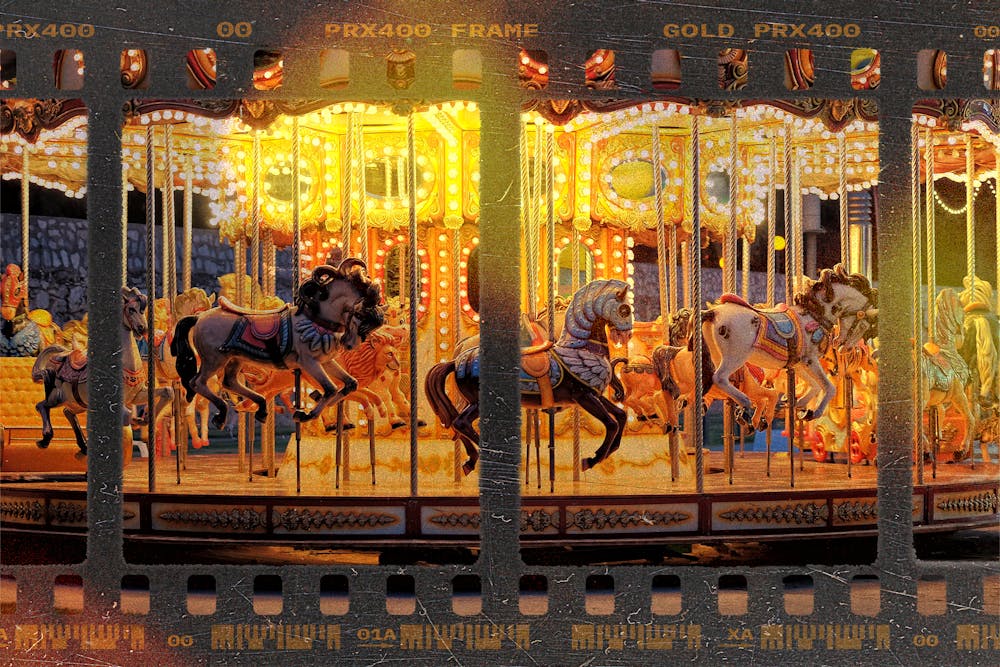It’s safe to say that I had high expectations for “We Live in Time” from the moment I saw the first trailer. The A24 film, directed by John Crowley, had all of the necessary elements to be considered one of my all-time favorite films, but it just barely missed the mark.
I don’t mean to suggest that I didn’t still enjoy the movie. I found its portrayal of love incredibly refreshing amidst modern dating culture and the tendency to idealize superficial and toxic relationships in popular media. It was not necessarily groundbreaking, but it was beautiful, heartbreaking, tender and intimate.
Florence Pugh said, "It's about the simplest of things, which is that we are here, I personally believe, for one reason only: to love and be loved.” Andrew Garfield described it as “a revolutionary act of love.”
It almost feels like a shame, because this movie truly could have been perfect in my eyes if just a few things had been different. Instead, it left me with mixed feelings.
The romantic drama is nonlinear, following protagonists Almut (Pugh) and Tobias (Garfield) throughout different stages of their relationship. They meet by chance, they fall in love, they start a family together and Almut gets diagnosed with cancer.
In the film, it doesn’t happen in this order. Instead, we get a collection of scenes, a montage of memories. I’m still torn on this creative choice — while it was clever in articulating a sense of nonlinearity in the way we process time, it was often confusing and distracting.
The scenes themselves were the kind that made me hold my breath in the theater, feeling so small in my seat. Pugh and Garfield were both spectacular, and their on-screen chemistry was surprisingly special. Their performances were powerful and incredibly convincing, and paired with a poignant score by Bryce Dessner, made me laugh and cry and swoon. They truly captured the essence of what it feels like to be enamored with another, with some scenes feeling so intimate it was as if they weren’t meant for anyone to see.
The cinematography was stunning — establishing shots of the gorgeous English countryside, close-ups that captured the nuances of emotion on the actors’ faces during the most tense scenes and dynamic camerawork. The sets were tastefully designed — I wanted to live in Almut’s flat, then in the cottage that she and Tobias later moved to.
Where this film came short, for me, was the emphasis on the relationship over the characters as individual people. Almut and Tobias are captivating on screen because of their actors, but they aren’t as fleshed out as they could be — especially Tobias.



